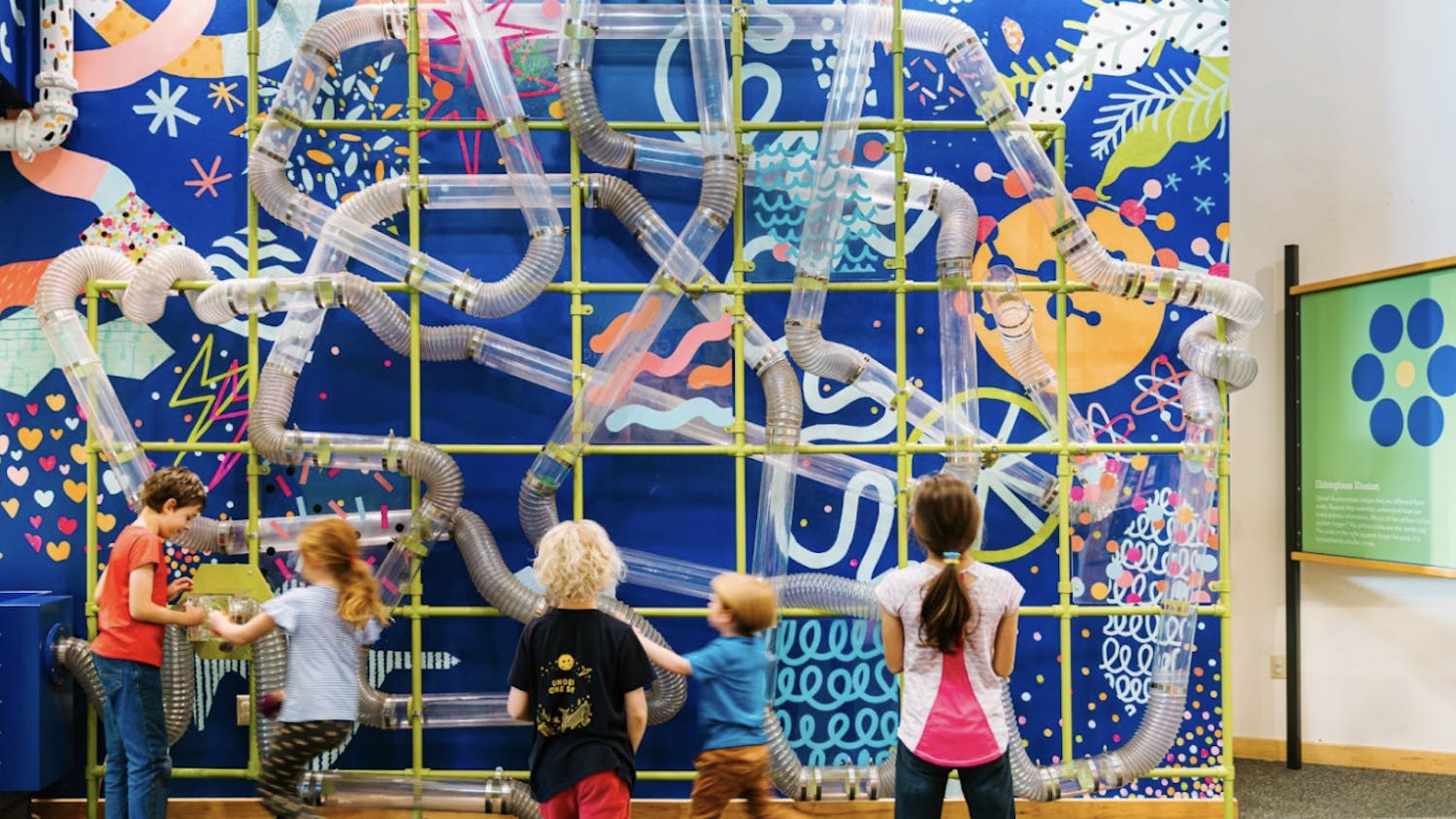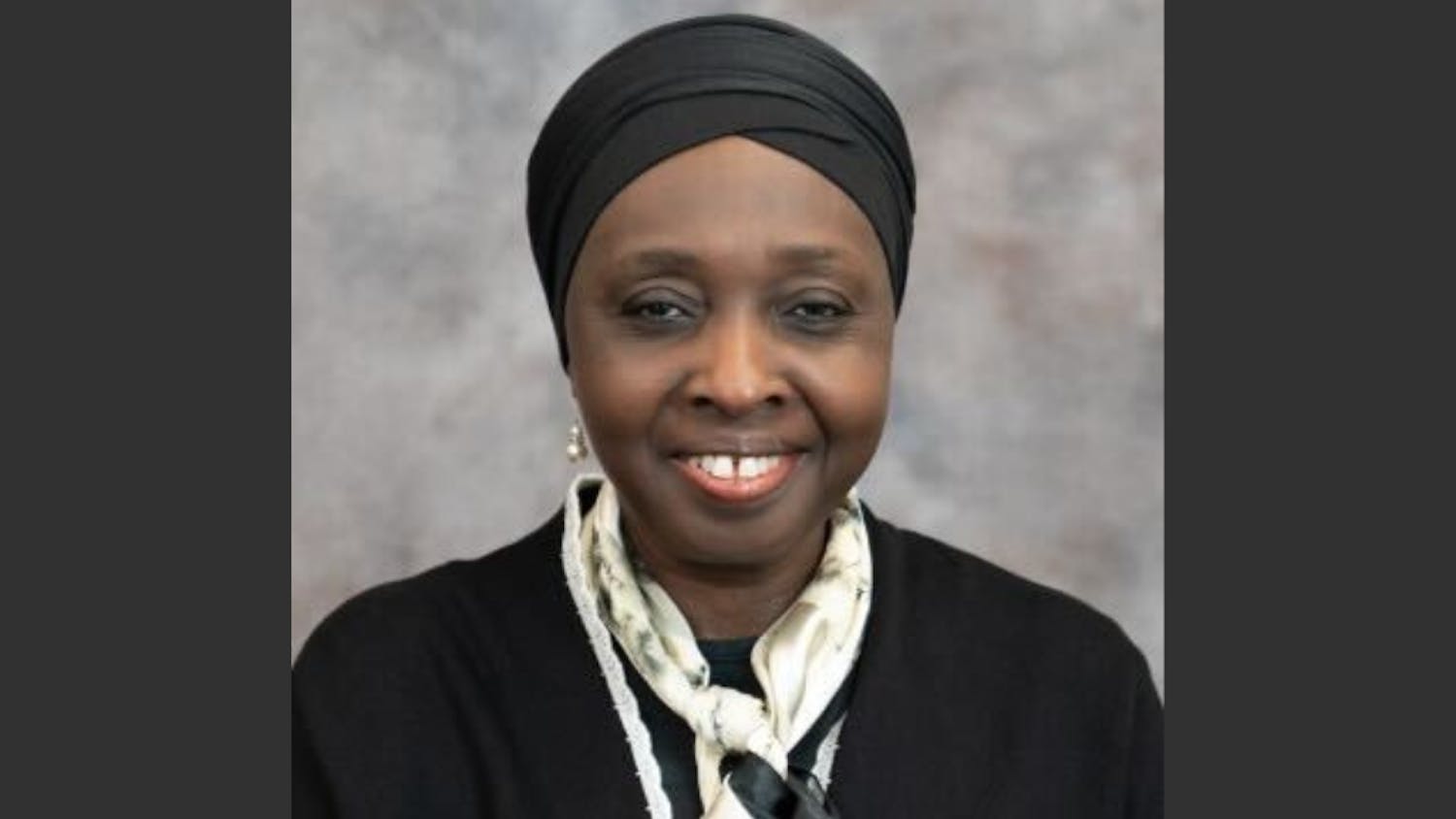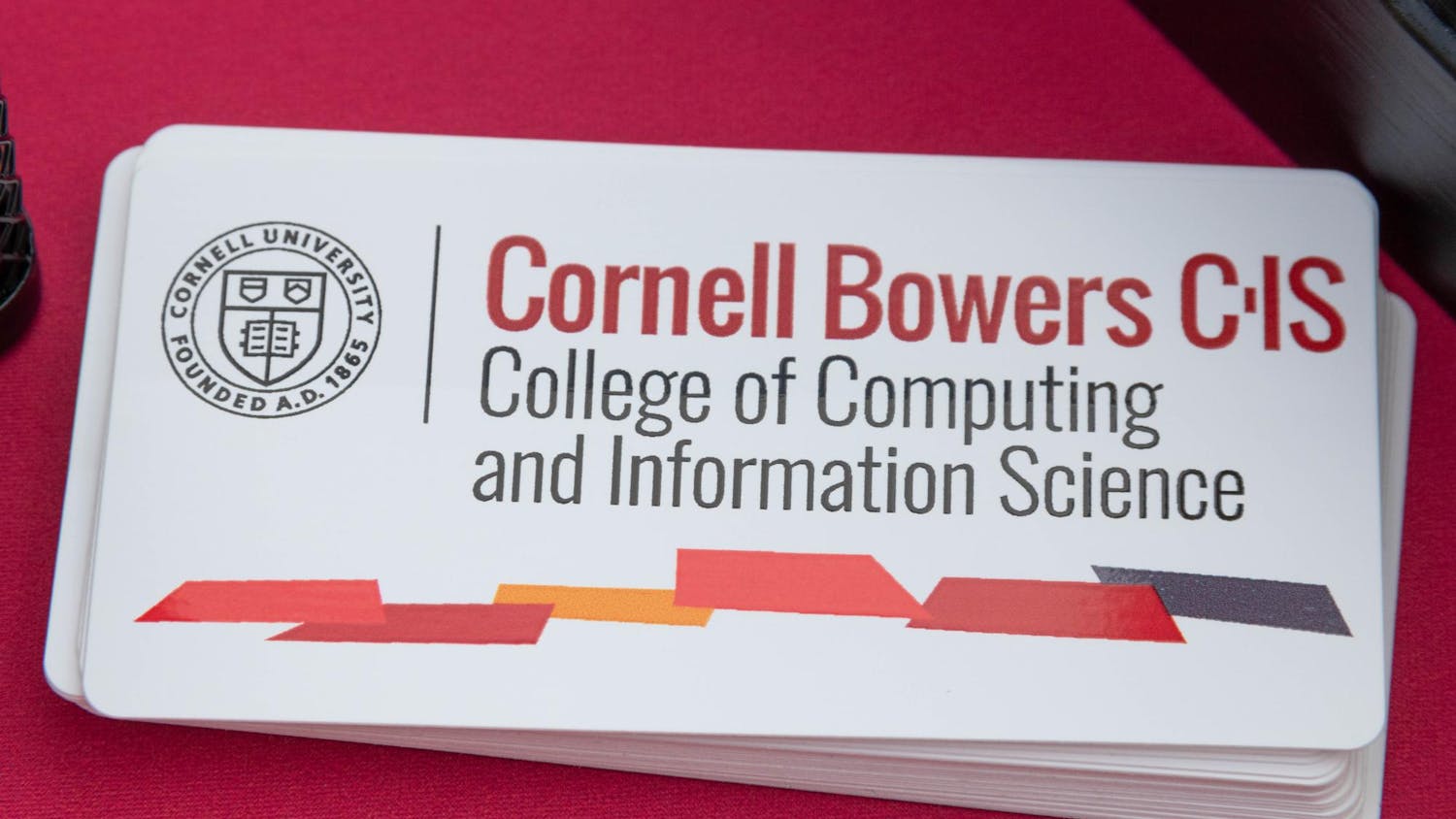Anna Poslednik ’21 and Nick Diaco ’21 are passionate about their research.
Poslednik’s interest in ecology stemmed from her exploration of the diet of an invasive fish species, while Diaco’s research on polymer chemistry began after a life-changing summer experience.
On March 27, these students were named winners of the Goldwater Scholarship, one of the most prestigious awards available to sophomores and juniors across U.S. colleges who show exceptional promise in the fields of science, mathematics and engineering.
As two of the selected 396 recipients from approximately 5,000 nominees, they will each receive up to $7,500 to cover expenses like tuition, books and room and board for their senior years. As part of the selection process, colleges nominate up to four students who intend to pursue a career in research and have at least a 3.0 GPA.
Poslednik is an environment and sustainability sciences major concentrating in marine sciences. Currently, she is writing a paper on the diet of the invasive round goby fish species in Oneida Lake in upstate New York.
She first started her research at her summer 2019 internship with the Cornell Biological Field Station, guided by Professors Thomas Evans and Lars Rudstam and research associate Randy Jackson.
During that summer, Poslednik caught round gobies in Oneida Lake to conduct and compare two methods of diet analysis widely used in field ecology. One method is gut content analysis, which is when the gut of a fish is analyzed.
Another method is stable isotope analysis, which involves placing a sample tissue of the organism in a mass spectrometer to determine the ratio of isotopes present. Certain ratios of isotopes can be correlated to certain foods the fish has eaten.
Poslednik’s nature-inclined upbringing contributed to her interests in ecology.
“I spent a lot of time outside and at the beach, and swam a lot. Going into freshman year of college, I knew I liked science, so I pursued that and I liked being outside, so I pursued fieldwork, and it has just kept going from there,” she said.
Round gobies are a fish species from the Caspian Black Sea that are rapidly invading Oneida Lake. The lake has an estimated four million round gobies.
Poslednik hopes to obtain a Ph.D. in Marine Science, conduct research in marine ecology, contribute to conservation efforts and teach at the university level.
She is especially interested in furthering the awareness of ecological conservation through making her research more accessible to the public.
“A lot of the work I want to do has to do with solving problems that can help communities that really depend on coastal ecosystem services, and I definitely want to keep communicating conservation issues and engage the public in these issues,” Poslednik said.
Nick Diaco is an applied engineering physics major pursuing a minor in materials science. He is currently researching methods of improving nanoparticles in the Ober group, a materials science lab at Cornell and led by Prof. Christopher Ober, chemistry and chemical biology.
Nanoparticles are ultrafine particles that can possess physical properties that make them desirable in materials science and biology. However, in application, they tend to cluster together and lose their central properties like their small size that allow them to act as potential drug delivery systems and effective ultraviolet light blockers, among many other applications.
Researchers in the Ober group attach polymers to the outside of nanoparticles, creating “hairy” nanoparticles that don’t stick to each other and therefore retain their useful properties. When combining “hairy” nanoparticles in large quantities, scientists obtain a solid that mechanically packs like a plastic, but in many other ways, can behave like a metal or semiconductor.
“You can have a plastic that asks like a magnet, or you can make a battery out of it, or you can make solar panels. The plastic is very easily processable but it has very incredible properties,” Diaco said.
During his gap year after high school, Diaco was first introduced to the properties of polymers and their history at Cornell — the subject was founded by Cornell Prof. Paul Flory, chemistry, in 1948. Polymers, large macromolecules made up of repeating subunits, appear in many natural and synthetic materials, such as DNA, proteins and plastics.
After taking an introductory chemistry class in his freshman year, Diaco pursued a summer internship in polymer chemistry at the University of British Columbia Okanagan Campus in Canada. There, he researched a type of polymer that has the potential to improve radiation therapies for patients with brain cancer.
“That summer, my uncle was diagnosed with and passed away from that same brain cancer. This was the first time where I transitioned from thinking polymers were cool to thinking that polymers were something I could do research on,” he said.
Diaco hopes to further research polymer science to help create life-saving tools and obtain a Ph.D. in either applied physics or materials science.
Both students were surprised to win the scholarship but credited their time at Cornell and the mentors they’ve had along the way as a huge part of their successes.
Cornell has produced 33 Goldwater Scholars since 2006. 2019 winners include physics major Mahiro Abe ’20, chemistry major Katherine Badding ’21 and math major Kabir Kapoor ’20.

Two Cornell Students Awarded Prestigious Goldwater Scholarship
Reading time: about 5 minutes
Read More










